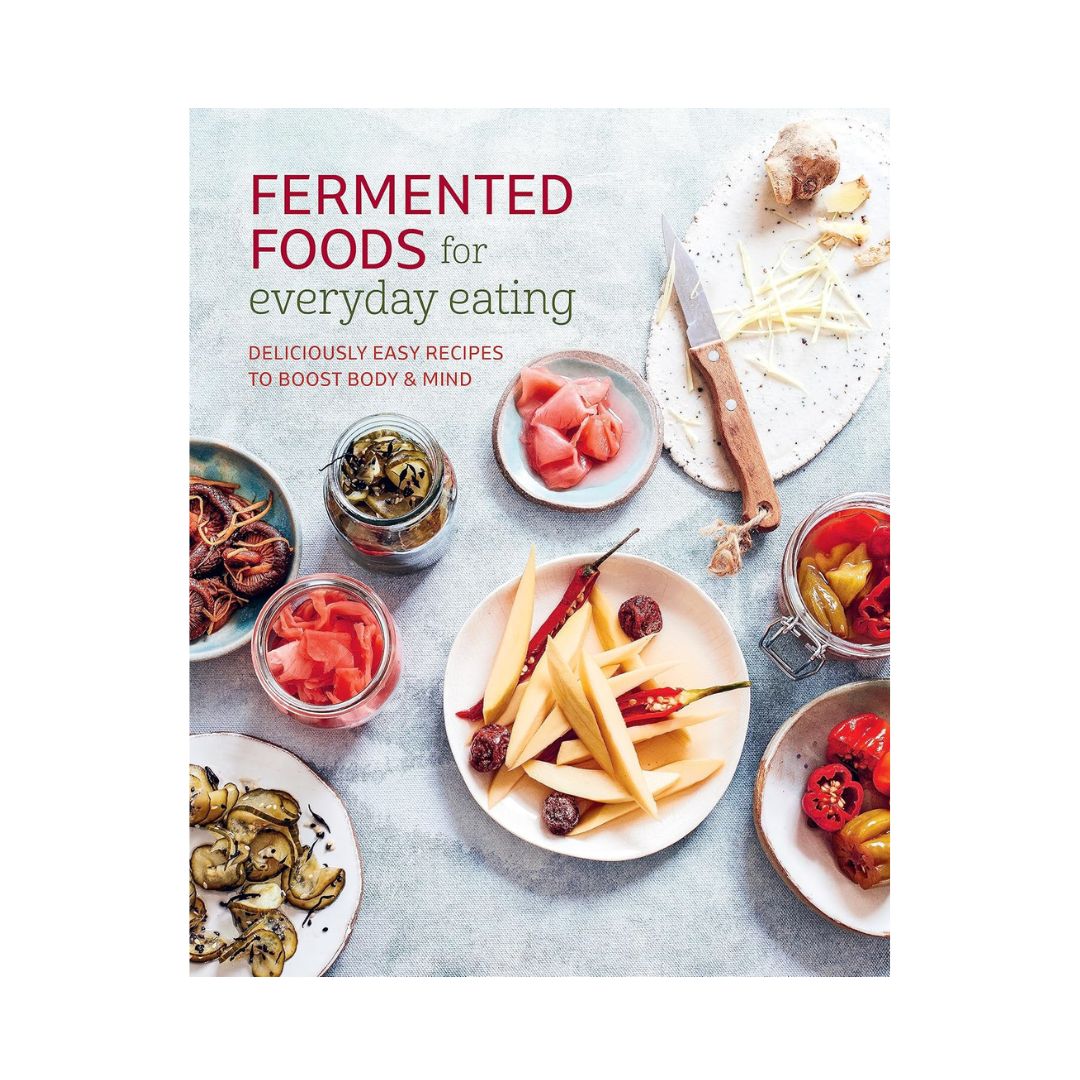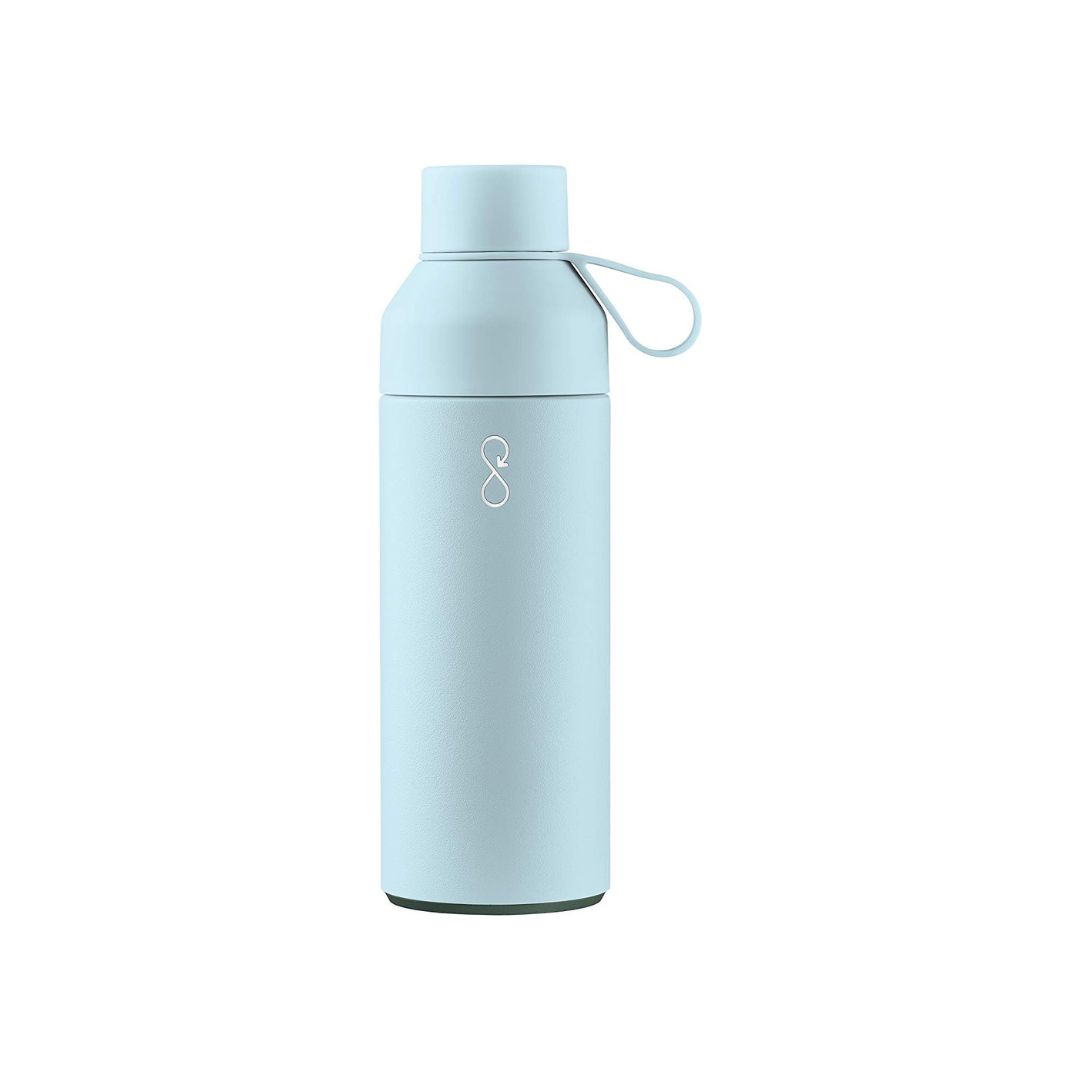Feeling overwhelmed by New Year's messaging? 8 balanced nutritionist tips to make you feel your best
Prepare to dig into these palatable expert-backed tips.
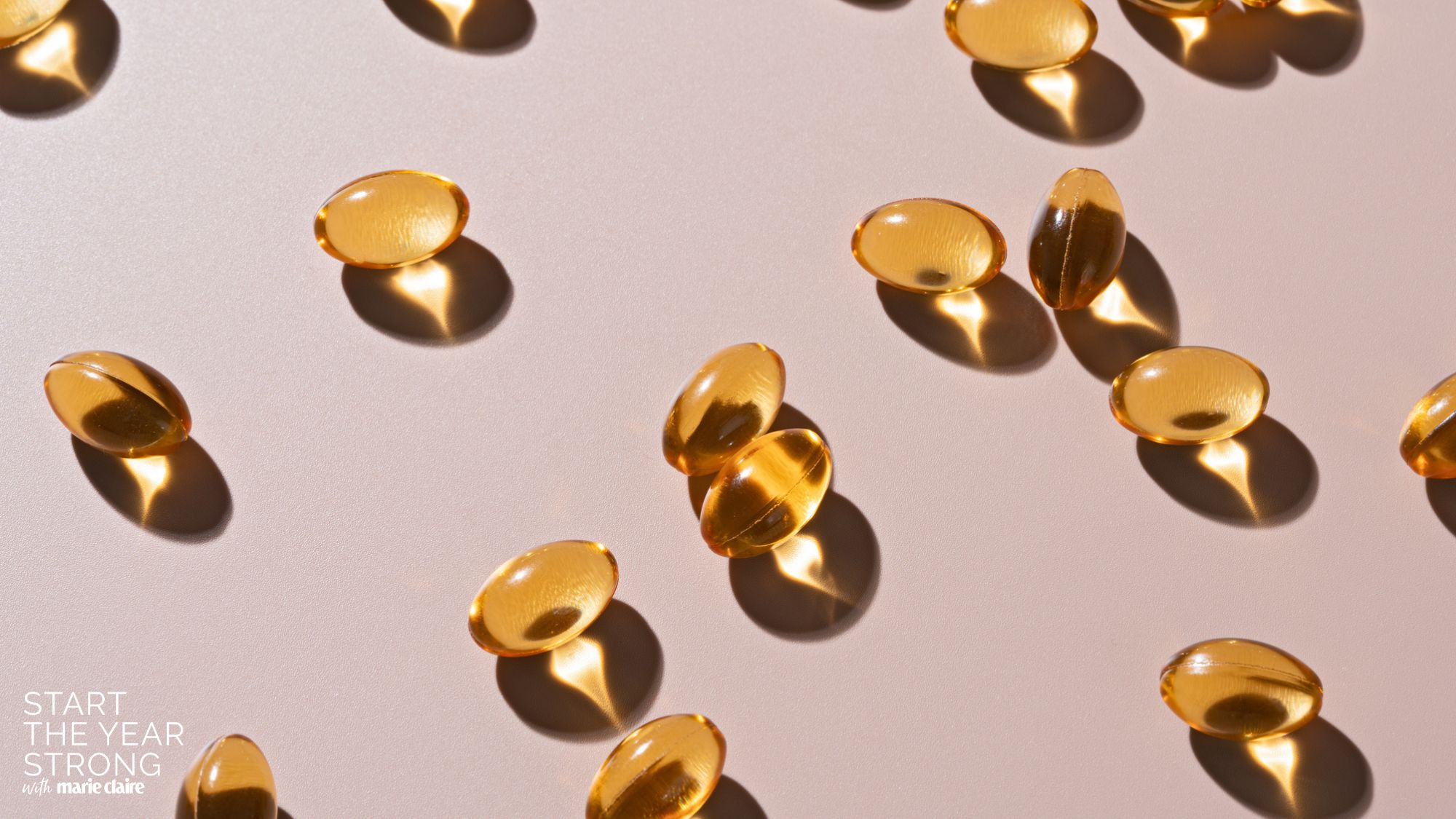

New Year, same diet culture chatter? If there’s one thing we can agree on, it’s that January's diet messaging can be very overwhelming. But that’s where simple, fuss-free and no-nonsense nutrition tips can help cut through the noise.
"Diet culture can be thought of as a set of beliefs that weds us to the idea that a thin body shape or size is superior and connects it to the perception of better health and higher morale virtue," registered dietitian, food therapist and nutrition consultant Laura Clark says. Sadly, diet culture promotes restrictive eating and fad diets which are typically unsustainable, not to mention damaging to your health.
Now that January is here, the start of a new year often becomes the natural opportunity for us all to make positive lifestyle changes—with dieting often getting more focus than before. “The sense of a fresh start gives greater permission to wipe the slate clean, put the past in the past and focus on weight goals again with renewed vigour," Clark adds.
But if you're feeling at a loss as to where to start on your healthy eating goals, we spoke to a nutritionist and a dietician to find out their top nutrition tips for feeling like your best self. So, to find out what nutrition hacks they live by to boost your mind and body, stick right here.
While you’re here, you might be interested in the benefits of mindful eating, or feast your eyes on Em The Nutritionist's recipes that promise to make healthy eating simple. Plus, don't miss our guides to intuitive eating or what happened when MC UK's Senior Health Editor Ally Head tried an inflammation diet. Recipe hunting? Scroll expert-approved healthy breakfast ideas, healthy snack ideas, healthy smoothie recipes, plus what to eat after a workout, here.
The top 8 nutritionist-approved tips that promise to help you feel your best
1. Taste the food
This tip might seem simple, but as Clark says it can make a massive difference in helping you feel good.
“We generally feel happier and more confident with habits that we give our full attention to, so give yourself permission to taste the food you're eating,” she says. “Minimise distractions and grant yourself the luxury of a chair and a plate for the majority of your eating.”
Marie Claire Newsletter
Celebrity news, beauty, fashion advice, and fascinating features, delivered straight to your inbox!
2. Stay hydrated
Staying hydrated isn't just important in summer. We should be drinking enough water all year round—and for more reasons than one. "Hydration is essential for nearly every bodily function, including digestion, brain functions and energy," explains registered nutritionist Caroline Farrell.
Award-winning nutritionist Emily English agrees, adding: "This one's simple but seriously effective at boosting your overall energy and mood. It helps keep your energy levels up, support your digestion, keep the hangovers at bay, and keep your skin glowing."
But how much should we be drinking? "General guidelines recommend drinking 1.5 to 2.5 litres of water per day, but your specific needs may vary depending on factors such as activity levels and climate," Farrell answers.
Unsure of whether you're drinking enough H2O? "A simple way to monitor your hydration is by checking the colour of your urine," says Farrell. "Pale straw indicates you’re well-hydrated, dark yellow suggests you need to drink more, and amber or darker can indicate dehydration."
If drinking plain water doesn't come naturally, Clark recommends trying out some fruit teas or flavouring your water with lemon or cucumber. Drinking lemon water every day can boost your hydration in a more tasty way while drinking mint water comes with loads of benefits. The herb has been used as a natural remedy for centuries to aid with digestive relief for bloating, gas, and nausea.
3. Keep it simple
In 2025, the internet is not short of 'diets'. For example, some people swear by ginger shots, others use apple cider vinegar for weight loss, while the inflammation diet has long been doing the rounds. And that's before we've even mentioned TikTok's sleep girl mocktail or the trending Glucose Goddess 'hacks' that are designed to help you stabilise your blood sugar spikes.
The thing to note is everybody (and their body) is different. So what may work for you, might not necessarily work for another. But when you strip it all back, Clark says simplicity is key. “Stop chasing the latest diet trend and keep it simple. Basing meals on a source of protein, carbohydrate, and fibre will get you a long way.”
Luckily, you're not spoilt for choice when it comes to delicious dinner recipes that tick all the boxes.
4. Ensure you hit your protein goals
Talking of eating protein, Farrel also highlights that each meal should not only include a source of the good stuff, but your plate should include enough protein, too. Doing so will help to support muscle repair, fullness, and energy levels.
"A general guide for portion size is roughly the size of your palm per meal, but if you’re very active—such as regularly going to the gym or running—you may need more to support recovery and performance," the nutritionist notes.
"Including a variety of protein sources, such as lean meats, fish, eggs, dairy, legumes, tofu, and nuts, ensures you get a broad spectrum of nutrients."
For more information, read our guide to what to eat after a workout and our go-to protein powders for women.
5. Eat more plant protein
It's not just common hero ingredients like eggs, chicken or turkey that can help you hit your protein goals.
Whether you're doing Veganuary and looking for vegan protein sources or you're just keen to try out new sources of protein, nutritionist Farrel recommends varying your diet with plant proteins, as it's a great way to support both your health and the environment.
"Plant proteins, such as beans, lentils, chickpeas, tofu, tempeh, quinoa, nuts, and seeds, are rich in nutrients, high in fibre, and lower in saturated fat compared to animal proteins, " the expert says. "To incorporate more plant protein, try substituting meat with options like lentils in Shepherd’s pie, tofu in stir-fries, or chickpeas in curries. Preparing hearty meals such as bean stews or quinoa salads in bulk can make plant-based eating convenient, while snacks like roasted chickpeas or nuts add a protein boost on the go."
6. Eat breakfast
Breakfast isn't just called one of the 'most important' meals of the day for no good reason. “Fueling your body within a couple of hours of waking helps it to function better and reduces the likelihood of late-night eating,” expert Clark explains.
Research published in the International Journal of Behavioral Nutrition and Physical Activity also shows that eating breakfast early can help you maintain a lower body mass index (BMI) in the long term. Similarly, several pieces of research have highlighted the association between breakfast omission and a higher risk of cardiovascular diseases.
For more healthy breakfast ideas, check out the recipes worth adding to your rotation.
7. Eat more fibre
Government guidelines say our dietary fibre intake should be around 30g a day, as part of a healthy balanced diet.
But according to Farrel, the average intake sits at around 18g. "Fibre is crucial not only for supporting digestion and regulating blood sugar but also for feeding the gut microbiome; the community of beneficial bacteria in the gut that plays a key role in immunity, metabolism, and mental health," the nutritionist highlights.
So, if you're unsure on what fibre-rich foods to add into your diet, Farrel says you could start with including fruits, vegetables, whole grains, legumes, nuts, and seeds.
8. Eat more fermented foods
Gut health has been thrust into the spotlight over the past couple of years. And, considering your gut is like your second-brain, it make sense that it’s well worth paying attention to.
One type of food that’s considered to be good for your gut? Fermented foods, like yoghurt, miso and sauerkraut.
“Consider incorporating fermented foods like kefir, kimchi and miso in your diet, “ Farrell adds. “These are rich in probiotics that nourish your gut microbiome.”
Shop MC UK approved nutrition tools now:

Inject some fresh life into your meals with Em the Nutritionist's best-selling recipe book. Containing more than 80 delicious recipes, turn healthy eating into an enjoyable lifelong habit.
What is the 80/20 approach to eating?
“The 80/20 rule suggests that 80% of your food choices should come from nutrient-dense, whole foods, while 20% can be more indulgent,” Farrell says. “ I find it useful for promoting balance and it helps make dietary changes more sustainable. However, it’s important not to become overly fixated on the numbers as things happen, and some weeks might look more like 70/30, which is perfectly fine.”
However, Clark warns that although the 80/20 rule can be good in ‘principle’, it may still promote the idea of all-or-nothing thinking around food. “Generally if people take a pause to really listen to what their bodies are needing, and focus on what they can put into their diets to help them thrive, the ideal balance is achieved without the need for a percentage equation.”

Rebecca, or Becks, is a freelance journalist with more than ten years of experience in the industry. She specialises in all things health and lifestyle and has written for a number of brands including Women's Health, Stylist, the Evening Standard, Good Housekeeping, The Telegraph, Live Science, Tom's Guide and Fit&Well. Becks also writes copy for a number of brands and small businesses.
When she's not weight training, tracking down the best gym leggings, reading a book or at her desk typing away, you'll find her in the kitchen perfecting a new recipe or bake.
-
 As a perfume-obsessed beauty editor, I can’t believe it’s taken me 25 years to try this classic Y2K scent
As a perfume-obsessed beauty editor, I can’t believe it’s taken me 25 years to try this classic Y2K scentIt was worth the wait
By Mica Ricketts
-
 I'm a 9x marathoner who likes looking and feeling their best. Enter: the functional but fashionable race day outfits I swear by
I'm a 9x marathoner who likes looking and feeling their best. Enter: the functional but fashionable race day outfits I swear byThese outfit formulas almost guarantee you a PB.
By Ally Head
-
 We're not for panic buying, but here's how Trump's tariffs might affect your K-beauty spending habits
We're not for panic buying, but here's how Trump's tariffs might affect your K-beauty spending habitsThey could impact the industry globally
By Nessa Humayun
-
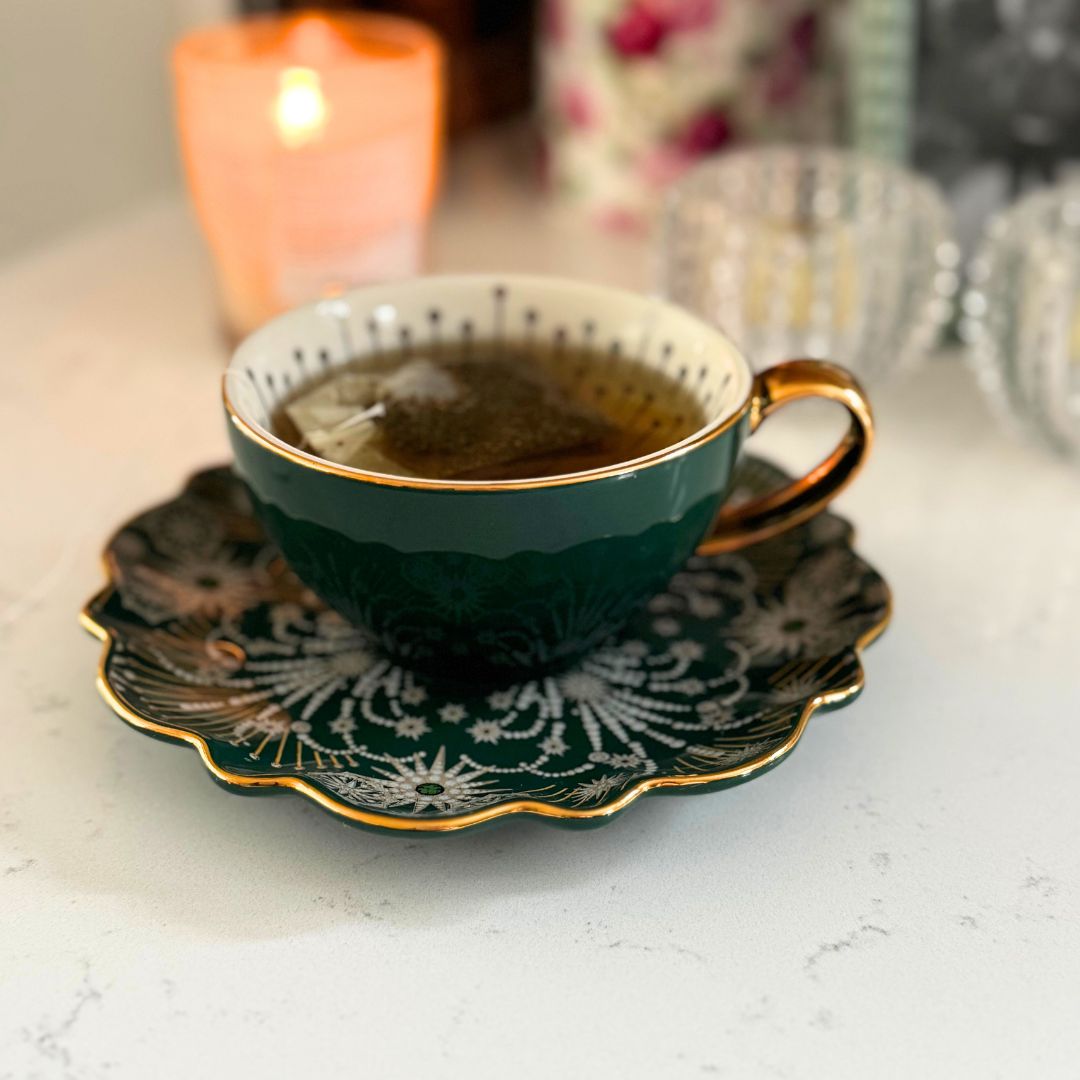 I tried TikTok's lemon balm tea for a week to see if it can really help to reset your nervous system - my honest review
I tried TikTok's lemon balm tea for a week to see if it can really help to reset your nervous system - my honest reviewSit back and pour yourself a cup of calm.
By Anna Bartter
-
 The entire UK seems to be obsessed with saunas RN - 9 benefits to know about, if you're considering giving them a go
The entire UK seems to be obsessed with saunas RN - 9 benefits to know about, if you're considering giving them a goEnter your Scandi girl era.
By Anna Bartter
-
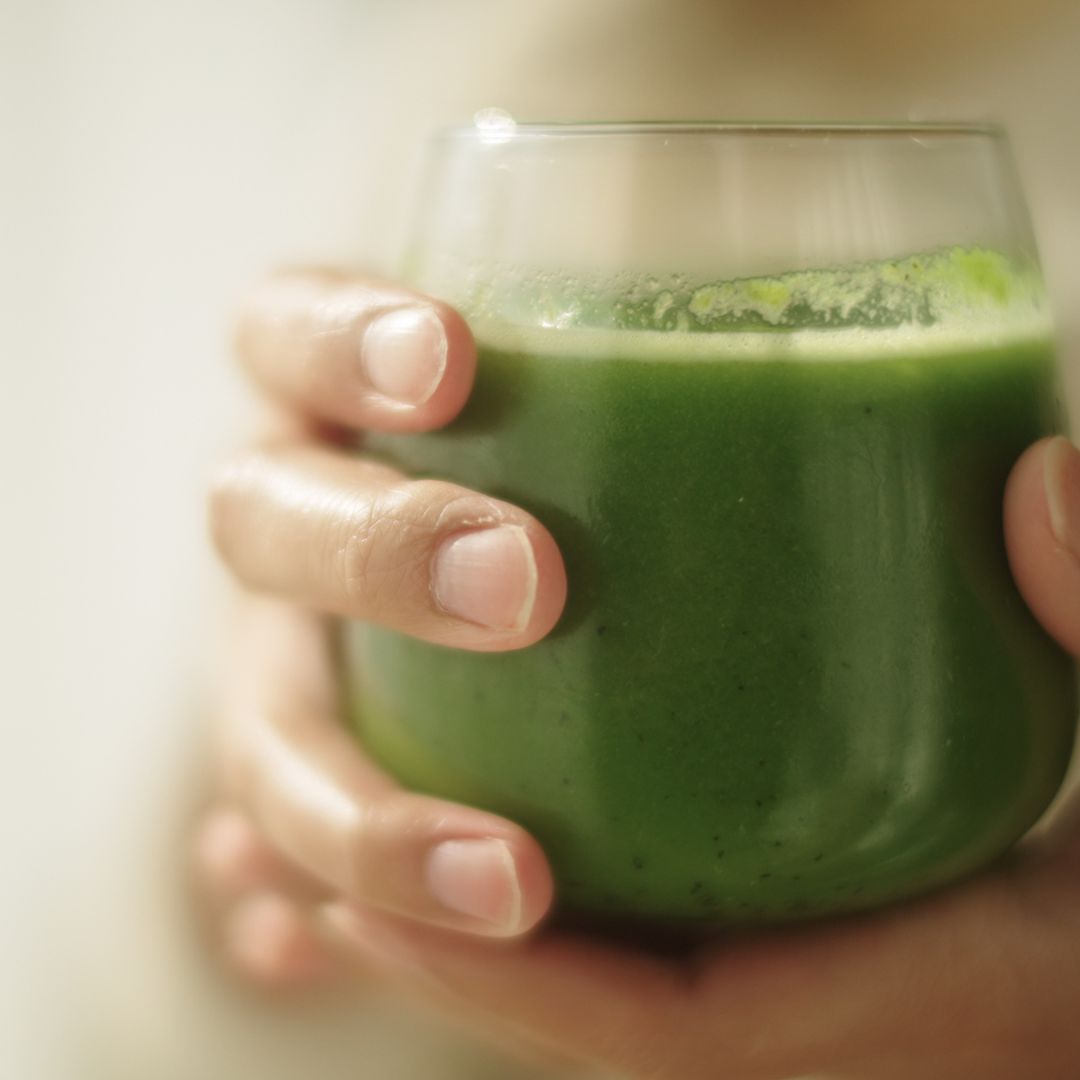 10 common nutrition myths a registered dietician swears they'd never follow - and wants you to avoid, too
10 common nutrition myths a registered dietician swears they'd never follow - and wants you to avoid, tooYou might find these surprising...
By Katie Sims
-
 Been consistent with your probiotic supplements but not feeling any different? 5 simple reasons why
Been consistent with your probiotic supplements but not feeling any different? 5 simple reasons whyDaily supps not boosting your wellbeing?
By Ally Head
-
 As the US bans controversial additive Red Dye 3 - a dietician explains what it is and why it's so harmful
As the US bans controversial additive Red Dye 3 - a dietician explains what it is and why it's so harmfulCherry red food colouring is on the out.
By Anna Bartter
-
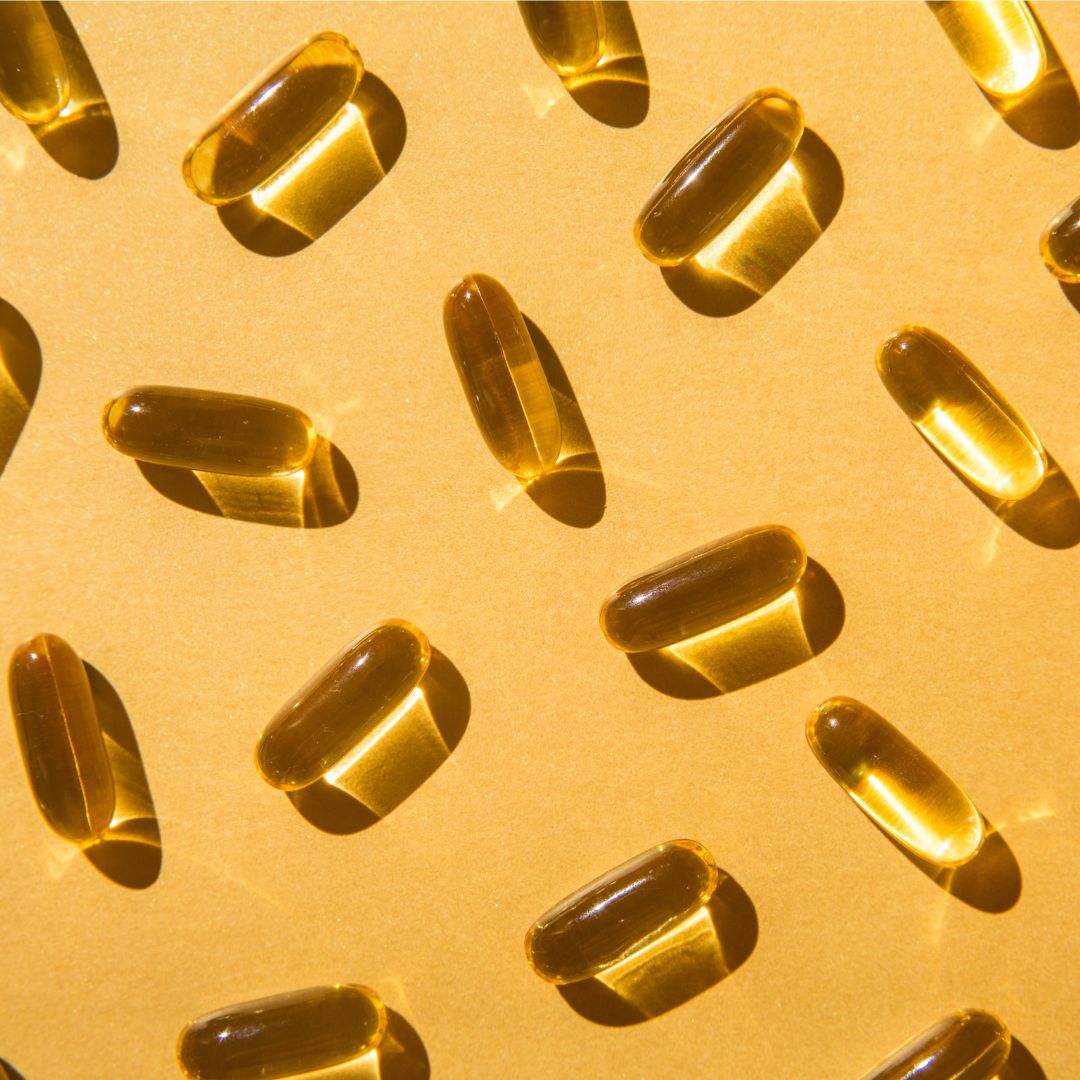 As more brands launch their own alternatives, we ask top dieticians - do anti-glucose spike supplements actually work?
As more brands launch their own alternatives, we ask top dieticians - do anti-glucose spike supplements actually work?Seriously effective or serious fad?
By Anna Bartter
-
 Wellness Wins: I use my BetterMe ankle weights nearly every day - and can't believe how much they've levelled up my home workouts
Wellness Wins: I use my BetterMe ankle weights nearly every day - and can't believe how much they've levelled up my home workoutsA simple, affordable and effective home workout tool that you'll really use? I'm sold.
By Ally Head
-
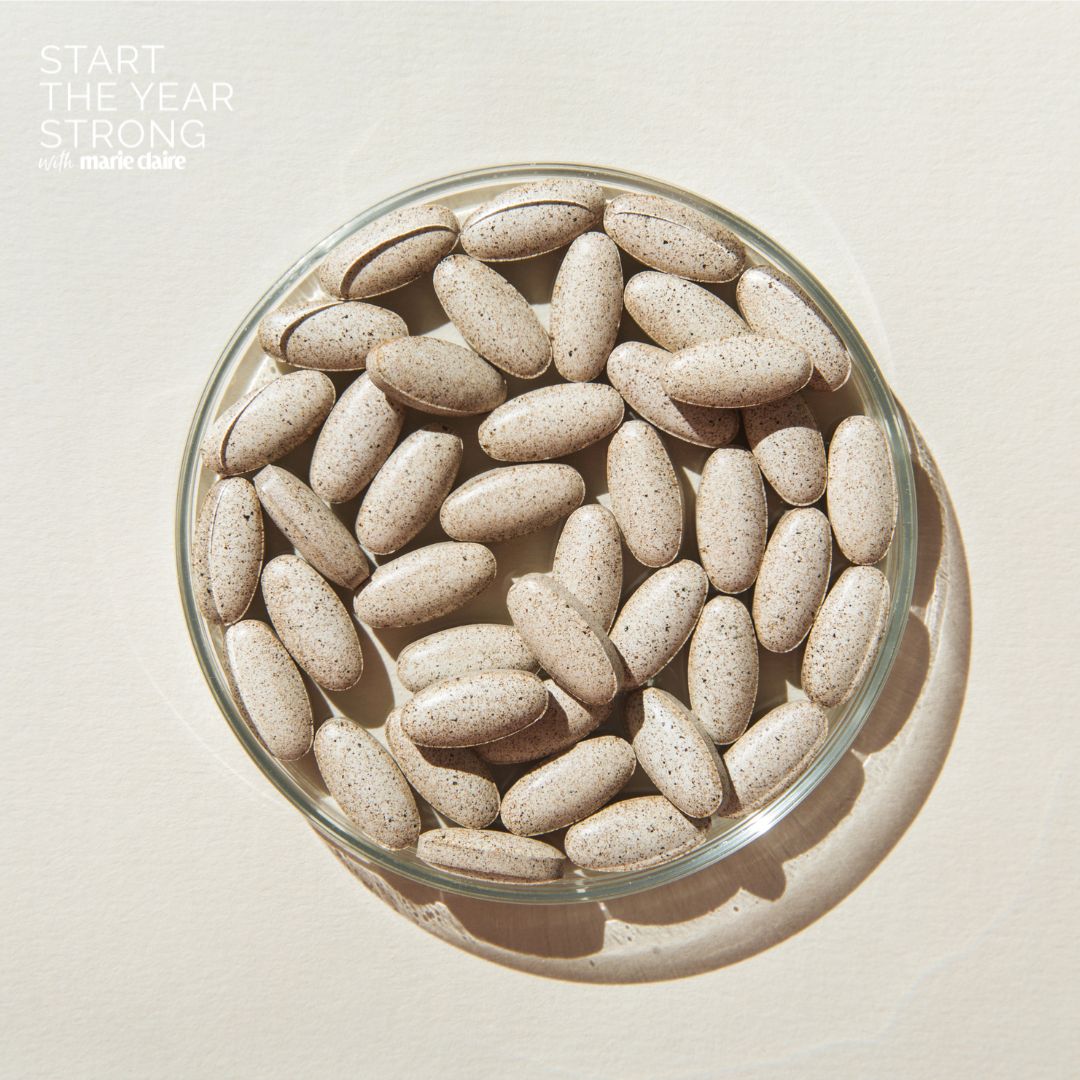 We asked anti-ageing experts for their honest take on the wildly popular NMN supplement - and they wouldn't recommend
We asked anti-ageing experts for their honest take on the wildly popular NMN supplement - and they wouldn't recommendCan a supplement ever really be the fountain of youth?
By Frances Daniels
